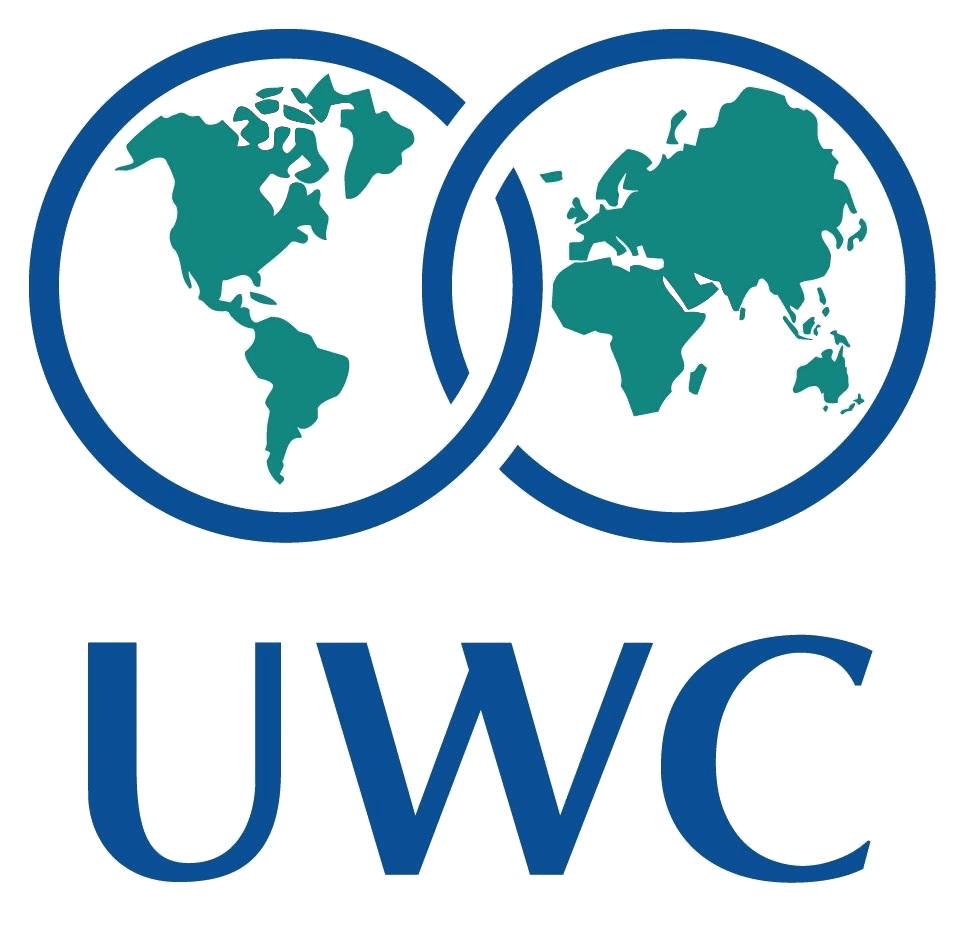Today in History Society my partner and I presented our argument for why the first Earth Day was the most significant event of the 20th century. It was an unexpected challenge for several reasons:
- We were the first group to present
- My partner had made additions to our slideshow the night before that I wasn’t aware of
- We didn’t have time to plan out our presenting of our slides much before we spoke
However, I managed to persevere through these challenges. I already thought we would be presenting first, so I asked my partner what these presentations were like last year so I could still get an idea of what to expect. As for the second and third, I decided to abandon some of my pre-made script in favour of improvising and adapting to my partner’s additions, and passing the role of talking onto her for slides in which her additions. I tried to keep elements of both my and her ideas so that both of our research contributions could be respected. My partner and I had to do a lot of verbal and nonverbal communication during the speech so that we could quickly determine who would say what. Because of our ability to persevere and improvise a lot of our speech, we managed to make it coherent and engaging so that we got asked a lot of interesting questions at the end.
But one thing that didn’t go so well was that I was a bit frustrated at my partner for changing the presentations the night before, and expressed that in my tone of voice. However, arguably I should have taken the time to look it over and change things that morning.
All in all, this taught me that even if external conditions go wrong, by staying committed to a project it is possible to still make it work, helping me understand the essence of Learning Outcome 4.
Here is a recording of our presentation, and here are the slides used.
